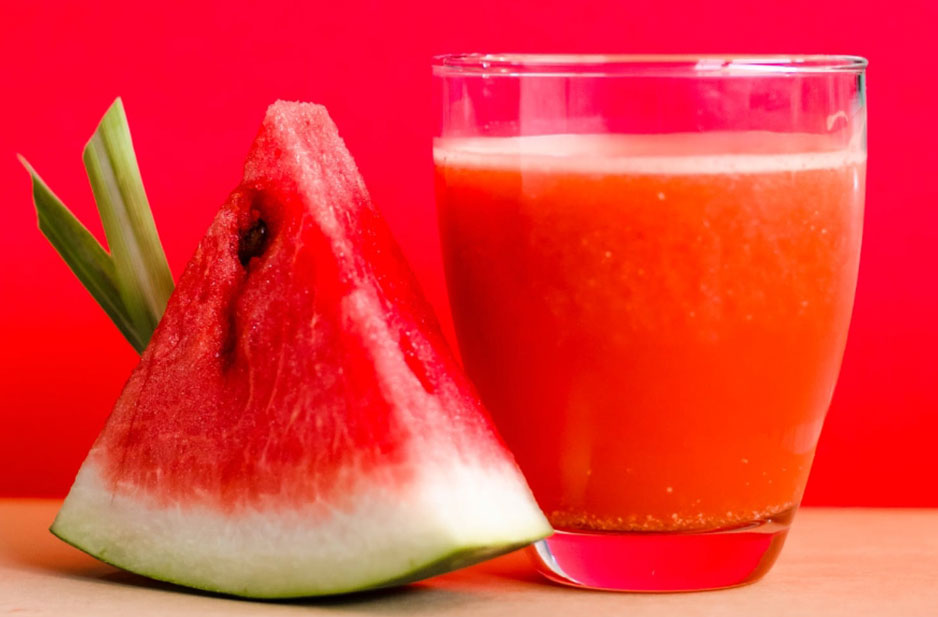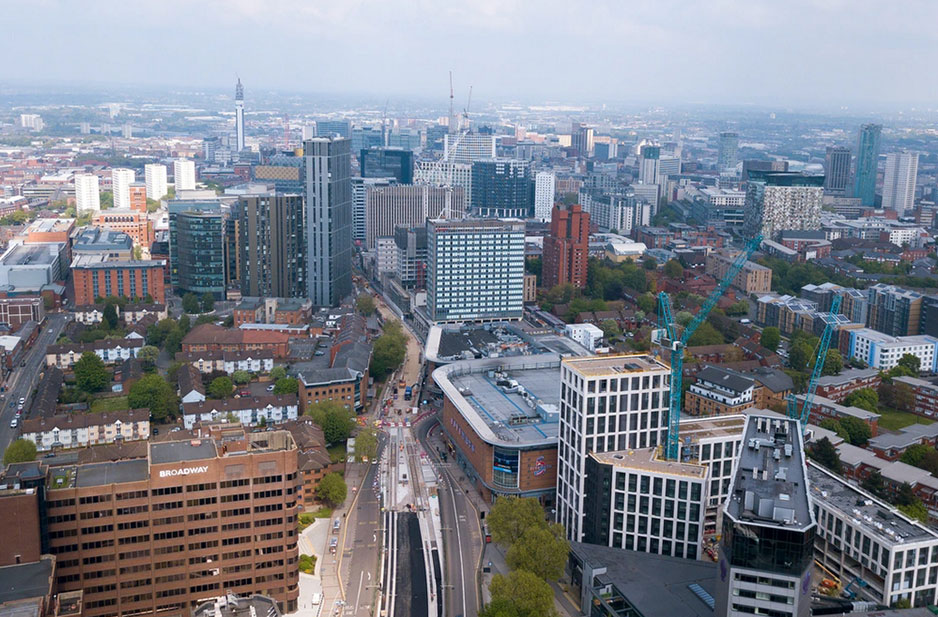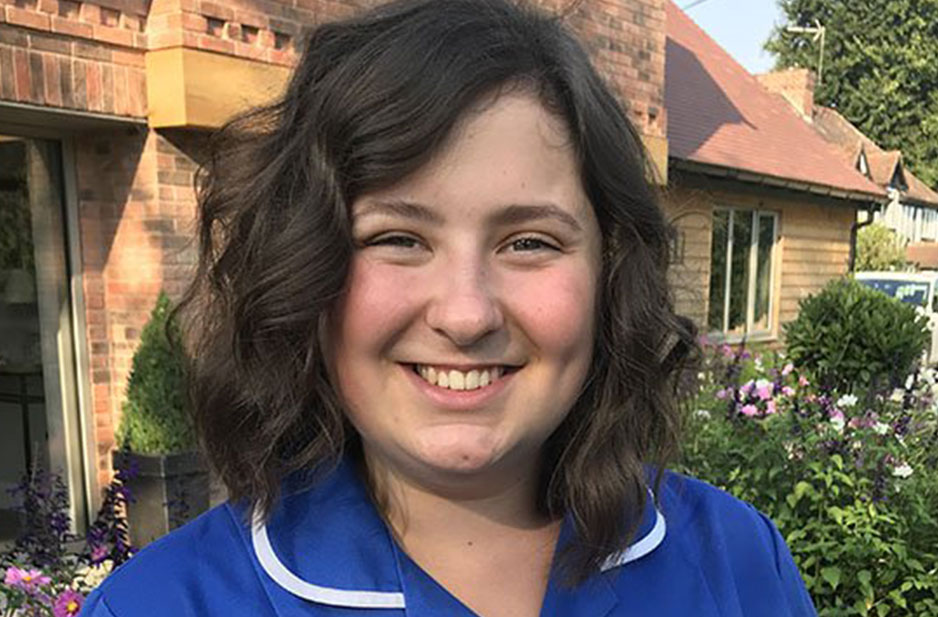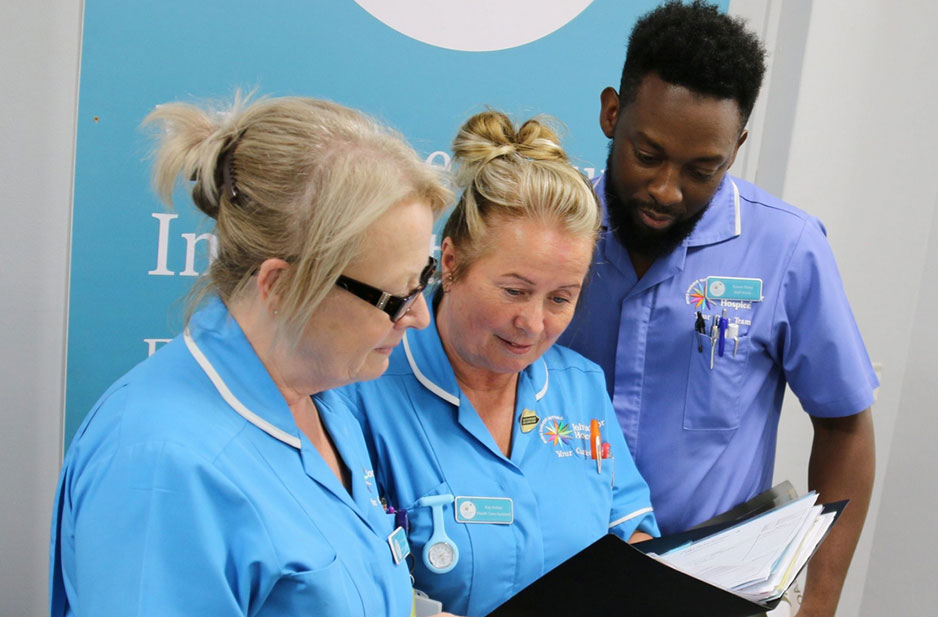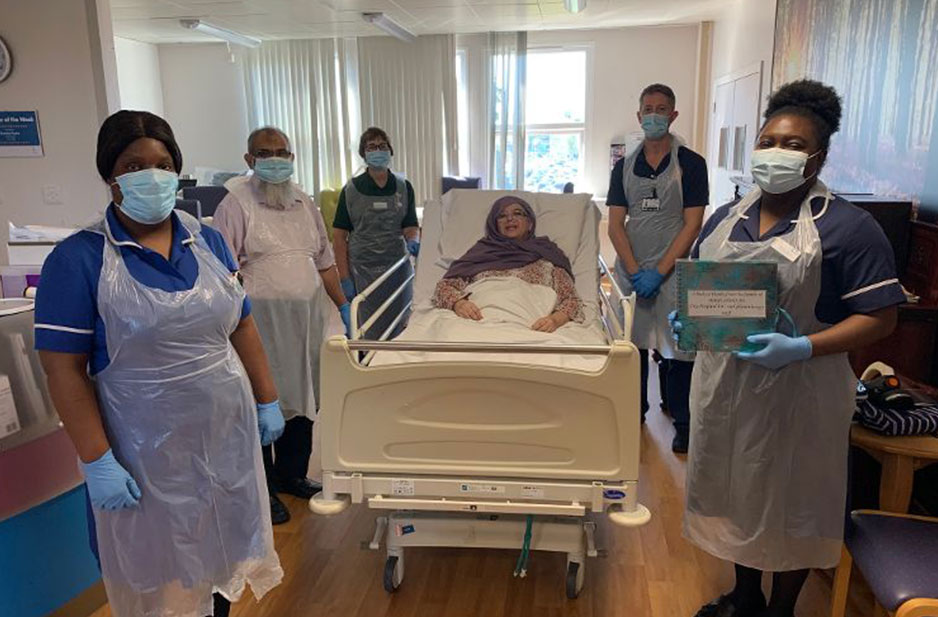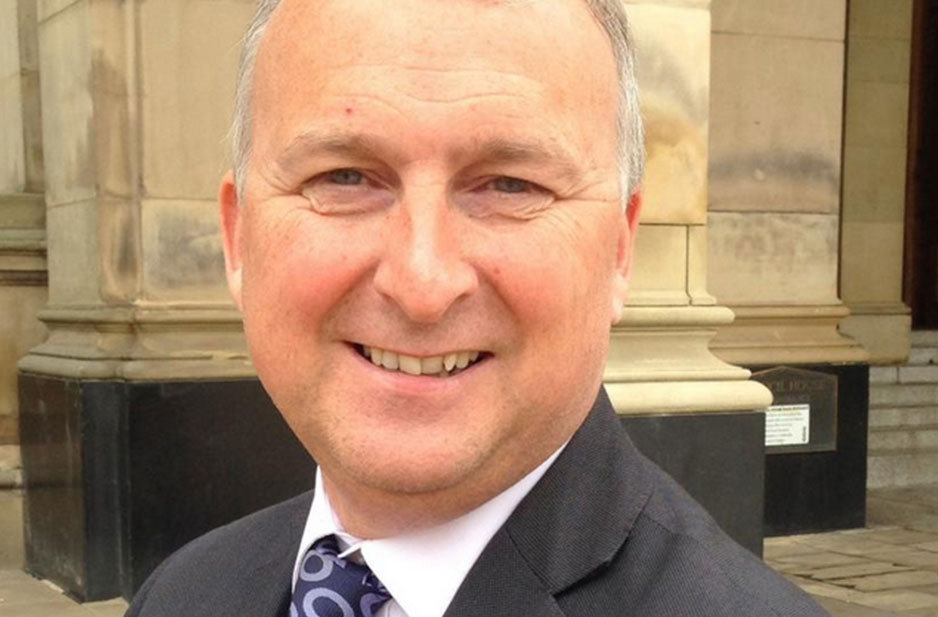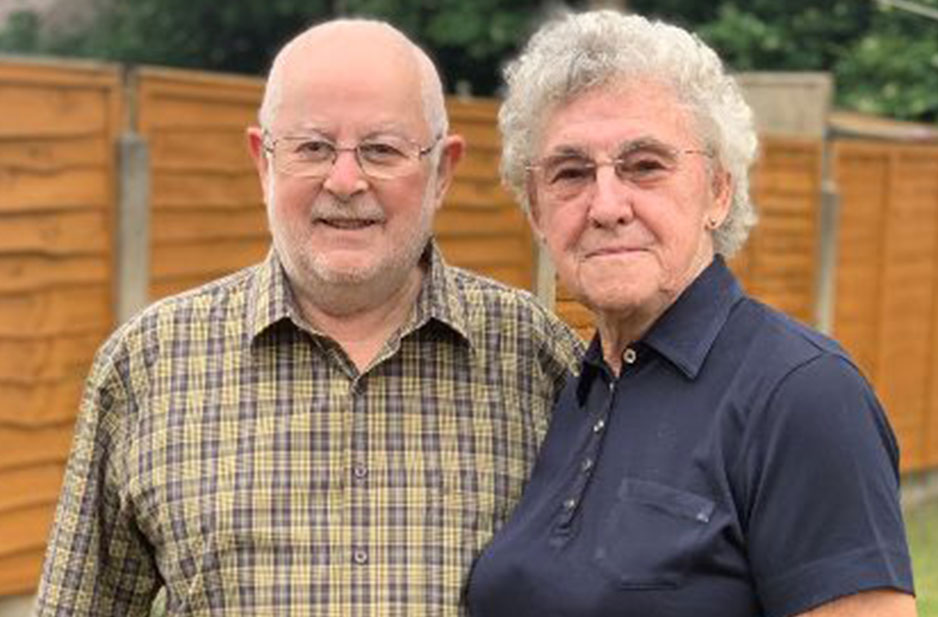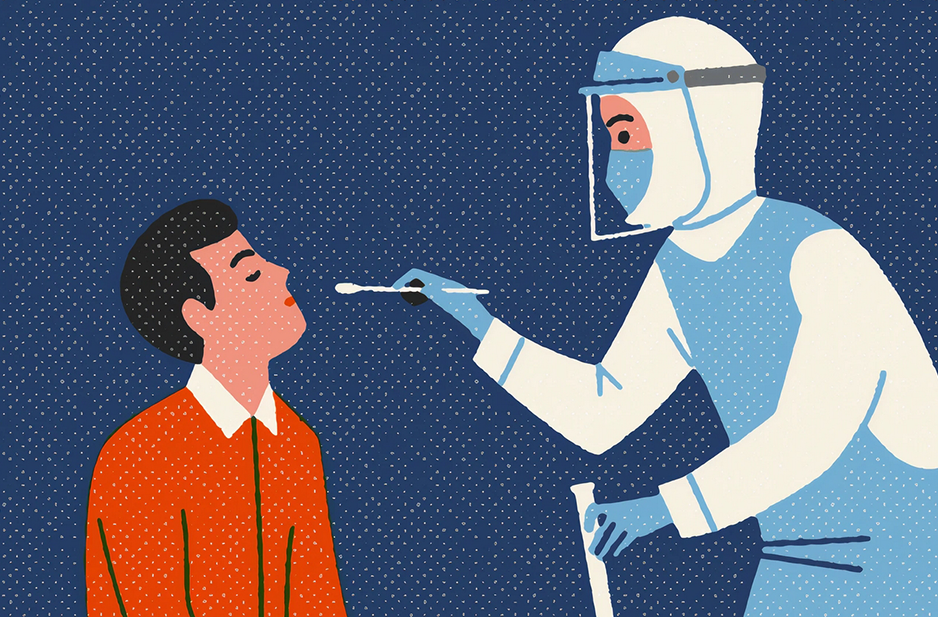Social distancing means keeping apart from people to restrict the spread of coronavirus.
Rules and guidance have been relaxed across some parts of the UK, but there are some restrictions in Aberdeen in Scotland, parts of northern England and Leicester.
The original rule across the UK was that you had to stay 2m (6ft) away from anybody outside of your household. Those rules have now been relaxed in England and Northern Ireland.
People should still ideally stay 2m (6ft) apart. But if that's not possible, people can stay 1m (3ft) plus apart in England - and 1m apart in Northern Ireland - with extra precautions such as face coverings and not sitting face-to-face.
In Scotland the exemptions to the 2m rule only apply in some premises like pubs and restaurants - and face coverings are compulsory in shops. Also, children aged 11 or under no longer have to socially distance with others outside. In Wales, while the 2m rule remains, the guidance has changed to reflect the fact it is not realistic to stay that far apart in somewhere like a hairdresser's. Social distancing does not have to be observed by children aged under-11 in Wales.
The only people you do not have to distance yourself from are those you live with or people in your support bubble. Support bubbles are allowed in England, Scotland and Northern Ireland. They apply only to single adults living alone or single parents with children under 18.
Those people can "bubble" with one other household of any size, and visit each other's homes with no social distancing.
In Wales, two households (four from 22 August) of any size can now join up in a similar "extended household".
So, anyone not in a bubble or extended household should still observe social distancing with other people who may visit you at home.
Outdoors in England, up to 30 people from two households can meet, or a maximum of six people can meet from multiple households. Social distancing between different households must be observed throughout. In Scotland, up to 15 people from five different households can meet outdoors. In Northern Ireland, up to 30 people who are not in the same household can meet outdoors. In Wales, up to 30 people can now meet outdoors.
There are tighter coronavirus restrictions in parts of northern England, Leicester and Aberdeen
People from separate households are not allowed to mix with each other in homes or gardens.
In England, two households up to a maximum of 30 people can meet indoors and overnight stays are allowed.
In Scotland, up to eight people from three different households can meet indoors while social distancing.
In Northern Ireland, groups of up to 10 people from four different households can meet indoors.
In Wales, up to four households - up from two - will be able to form an "extended household" from 22 August, as long as conditions "remain stable".
Experts recommend:
Wash hands before and after preparing food, eating and washing up
Put food straight on plates and don't use large serving bowls
Avoid serving cold food which needs "handling" before and during meals, like cold meats or salads
Use detergent or soapy water to regularly wipe down tables and chairs where people put hands, fingers and elbows - then wash the cloth.
Pubs, restaurants and cafes have reopened indoors across the UK - but they must follow safety guidelines.
Expect to:
Book ahead
Give contact details
Follow a one-way system
Be offered table service only
Staff should practise good hand hygiene and social distancing, but they don't have to wear face coverings.
The government advice to employers includes:
avoiding face-to-face seating
monitoring crowd density, and reducing the number of people in enclosed spaces
improving ventilation
changing shift patterns so staff work in set teams
Self-isolating means staying at home and not leaving it.
People who have symptoms of coronavirus should isolate themselves for 10 days and arrange to get tested. Symptoms include:
a new continuous cough
a high temperature
a loss of, or change in, your normal sense of taste or smell
Other members of their household should isolate for 14 days and not leave their homes.
If you test positive you will be contacted by contact tracers, who will establish who else you might have passed on the infection to.
Anybody they deem to be at risk will have to isolate themselves for 14 days from the point of contact.
Until recently, those categorised as "clinically extremely vulnerable" have also been self-isolating or shielding.
Shielding was paused in Northern Ireland from 31 July; in England and Scotland from 1 August, and in Wales on 16 August.




